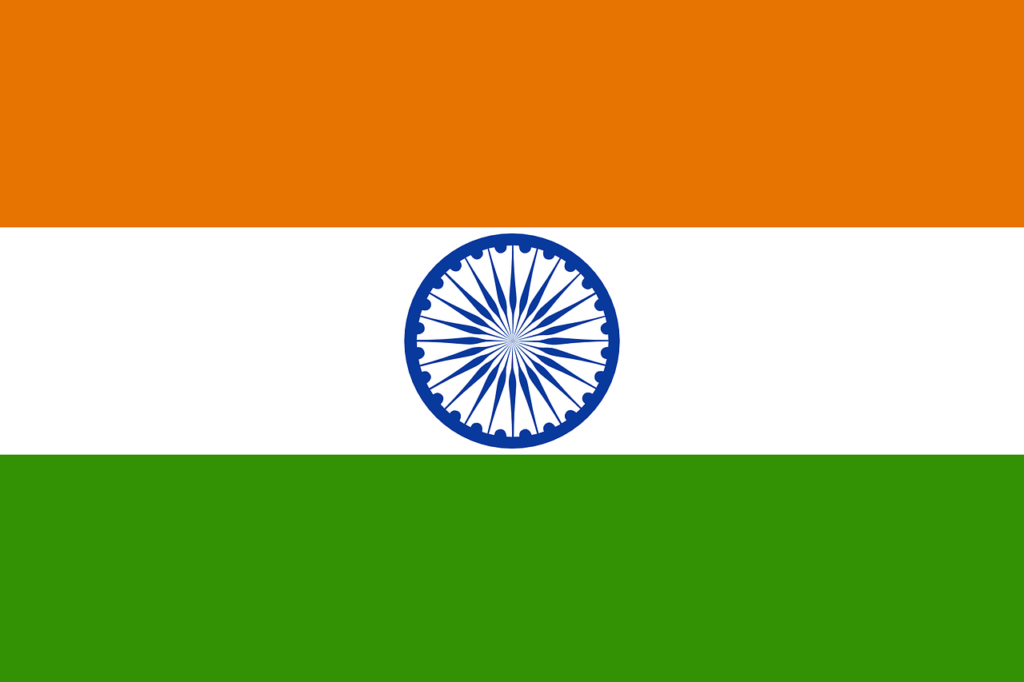Over 250 million workers participated in a nationwide strike against India’s new anti-labor and anti-farmer policies enacted by the government of Prime Minister Narendra Modi of the Bharatiya Janata Party (BJP). The workers and farmers joined together to protest the mistreatment of Modi’s government have caused.
The action has been considered one of the largest strikes in human history. The strike was organized by 10 national trade union federations and independent federations along with a coalition of 300 farmers’ organizations and smaller labor organizations. They planned a two-day strike from Nov. 26-27 that would essentially shut down some of India’s states. Workers in major industry sectors such as coal, steel, and transportation are participating in the strike and will stop working.
Workers are protesting labor amendments proposed by the government such as extending the working day to 12 hours, abolishing rest breaks and weekends, removing requirements to provide personal protective equipment, first aid, toilet facilities, break rooms, adequate lighting, and ventilation.
Farmers are protesting about the lack of support and how the government instigates profit-hungry corporations into the agriculture business. Farmers and workers joined together because they released Modi was the face of both of their problems and decided that if they banded together they would rally up more strength and noise that would force the government to listen to them.
The strike is fighting for these demands according to the Indian news outlet TIMES NOW
- The withdrawal of all “anti-farmer laws and anti-worker labor codes”
- The payment of 7,500 rupees in the accounts of each non-tax paying family
- Monthly supply of 10 kg of food to needy families
- The expansion of the MGNREGS (Mahatma Gandhi National Rural Employment Guarantee Act of 2005) to include 200 workdays each year, higher wages, and the Act’s extension to urban industries
- Stop the “privatization of the public sector, including the financial sector, and stop corporatization of government-run manufacturing and service entities like railways, ordnance factories, ports, etc.”
- The withdrawal of the “draconian forced premature retirement of government and PSU (public sector) employees”
- Pensions for all, the scrapping of the National Pension System, and the re-imposition of the earlier pension plan with amendments
This movement goes beyond the working front-line and attacks Modi’s Rashtriya Swayamsevak Sangh policies. RSS is an Indian right-wing, Hindu nationalist, paramilitary volunteer organization. Modi has taken actions like passing the Citizen (Amendment) Act in 2019 that defines illegal immigrants without proper documentation as foreigners and will be jailed or deported. The bill also reinstated that a person has had to be living in India for 11 years to apply for citizenship. Hindu, Sikh, Parsi, Buddhist, and Christian immigrants from Pakistan, Afghanistan, and Bangladesh have an exception to which they only have to have lived in India for six years. The CAA reflects discrimination against Muslims who want to apply for citizenship.

